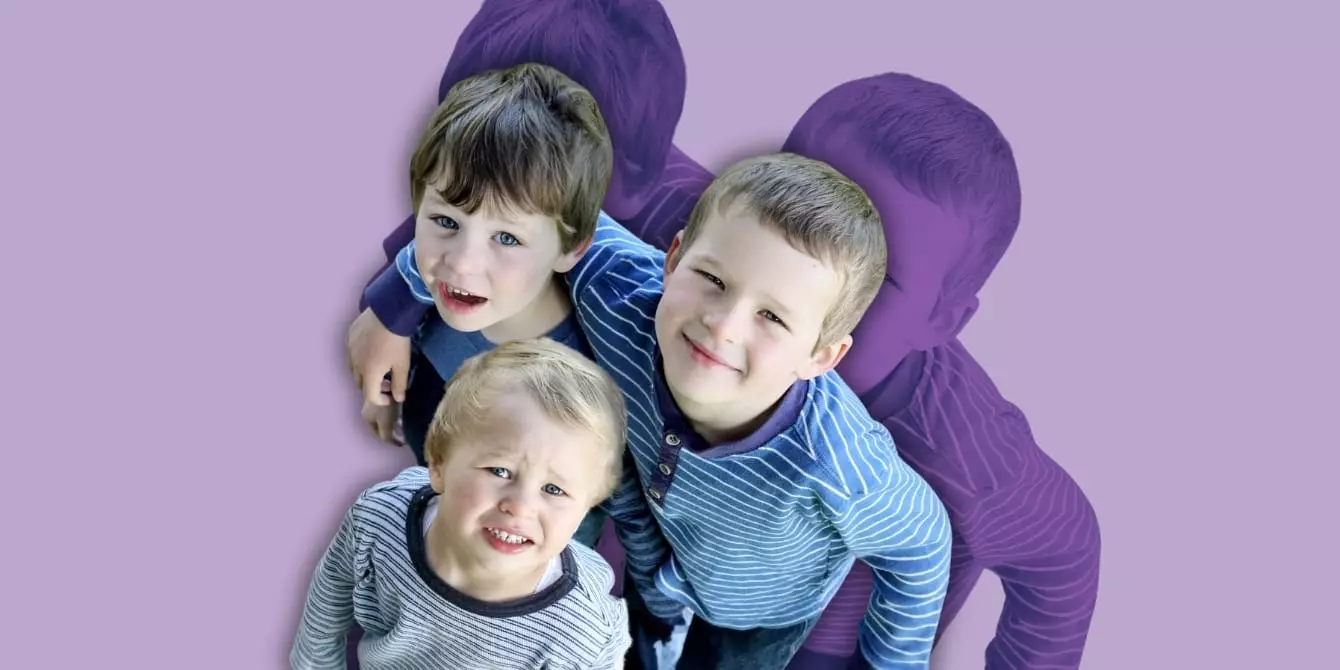Understanding human personality has long intrigued psychologists and researchers, particularly in the context of how family dynamics influence individual traits. A comprehensive study published in December 2024 by Michael C. Ashton and Kibeom Lee, appearing in the Proceedings of the National Academy of Sciences (PNAS), delves into this very topic. By examining the interplay between birth order, family size, and personality characteristics, the study offers fresh insights into the diverse ways our familial roles shape who we are.
Middle Children: The Unsung Heroes of Kindness
The research reveals that middle children often excel in fostering qualities such as kindness and cooperative behavior. These traits manifest not just in their interactions with siblings but echo throughout their lives. For instance, middle children routinely take on the role of mediators during sibling disputes and often exhibit a remarkable capacity for sharing without prompting. The researchers posit that these experiences cultivate essential skills in compromise and teamwork, attributes that become integral to their personality.
In larger families, where potential conflicts can arise more frequently, middle children might find themselves naturally stepping into positions that require negotiation. Such environments create a dynamic where being attentive and responsive to others’ needs becomes second nature. The study emphasizes that these soft skills go beyond mere familial interactions—they play a significant role in shaping how individuals engage with society as a whole.
The findings also reveal that the number of siblings one grows up with—termed sibship size—significantly influences personality traits. Notably, individuals from families with six or more children exhibited heightened levels of kindness and humility compared to those who grew up as only children. This suggests that larger family sizes create an environment conducive to developing altruistic behaviors. While only children and the oldest siblings demonstrated a slight edge in openness to new experiences, the emphasis on kindness remained markedly different across the spectrum of family sizes.
Shared traditions and routines within these larger families were highlighted as contributing factors to the development of cooperative traits. The communal nature of experiences—be it through family gatherings, shared celebrations, or collective responsibilities—reinforces social bonds and fosters a culture of support and collaboration. It raises the question of whether families that prioritize teamwork and joint activities can create individuals who are more empathetic and socially aware.
Digging deeper, the study assessed personality dimensions using the HEXACO model, which includes traits such as Honesty-Humility, Emotionality, Extraversion, Agreeableness, Conscientiousness, and Openness. This innovative approach offers a richer understanding of how personality traits might vary within families based on birth order.
Interestingly, firstborn children tended to score lower on kindness and humility compared to their younger siblings. Conversely, they did show a slight predisposition for openness to new experiences, possibly due to their role as the family pioneers who often navigate uncharted territories first. The nuanced insights offered by employing the HEXACO model underscore the complexity of personality development within family structures.
The Wider Implications of Family Dynamics on Personality Development
The credibility of the study is underscored by its extensive sample size, which included over 700,000 participants from various English-speaking nations such as the United States, Canada, and the UK. Such a broad database allows for a more comprehensive understanding of how cultural factors may also influence family dynamics and personality formation.
These findings are a poignant reminder that family structure—whether defined by the number of siblings, shared experiences, or cultural backgrounds—plays an influential role in shaping individual personalities. As we understand more about these dynamics, it becomes clear that the environment parents create is paramount. By nurturing cooperative and empathetic interactions among siblings, parents can foster traits that will serve their children throughout their lives.
The exploration of birth order and family size enhances our understanding of personality development. This study serves as a call to action for parents to recognize the powerful impact of their familial environment. Creating a nurturing atmosphere rich in cooperation, empathy, and shared experiences can cultivate not only kinder but also more resilient individuals, regardless of their birth order or familial context.

